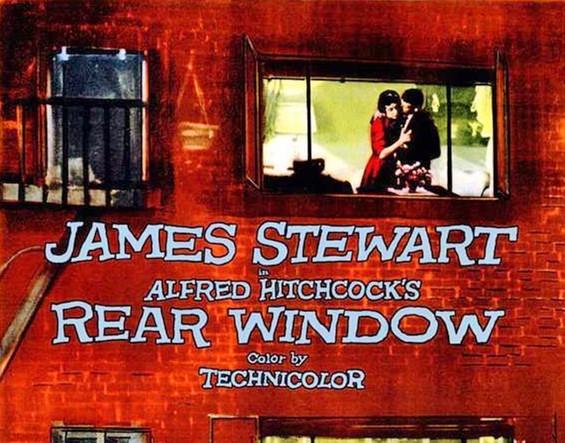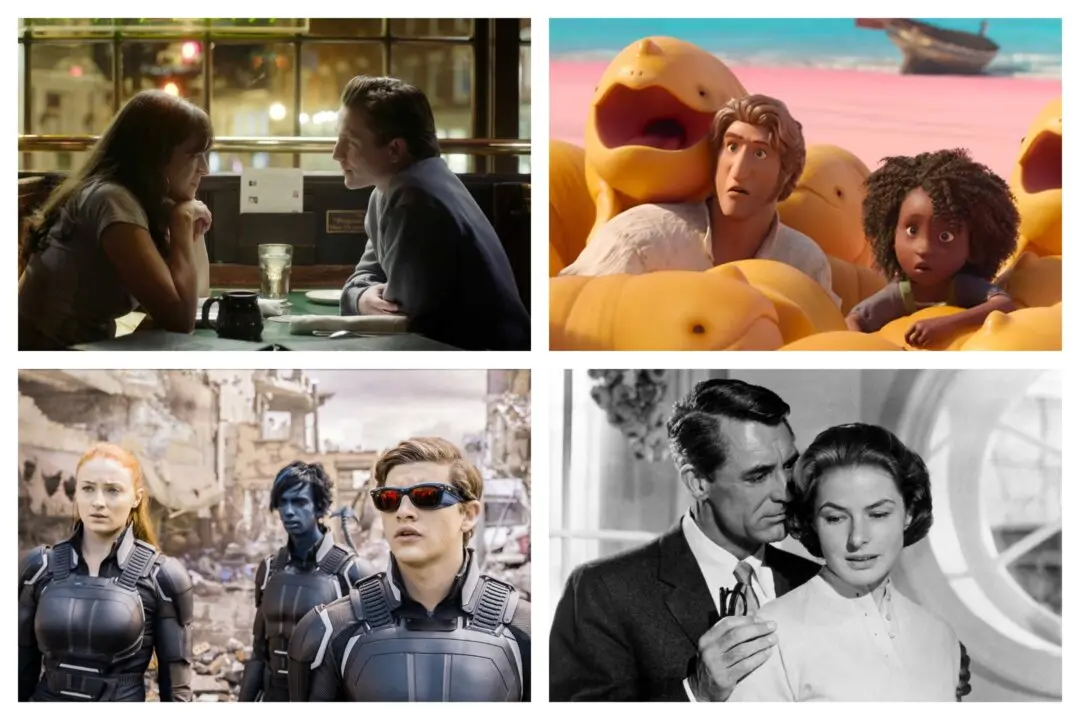Highly regarded director Alfred Hitchcock’s “Rear Window” has to be one of my all-time favorite Hitchcock films (as it is for many people). What makes this film so ingenious is not only the unique cinematography employed but also how Hitchcock utilized a single set to tell nine smaller stories within one film, some in more detail than others.
The inimitable James Stewart sinks deep into his role as L.B. “Jeff” Jefferies, a well-respected photojournalist who is on the mend from a broken leg. Relegated to his cramped Greenwich Village apartment during a sweltering New York summer, Jeff has become afflicted with a bad case of boredom.






